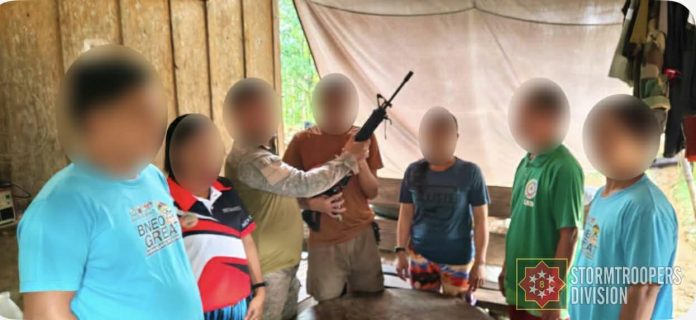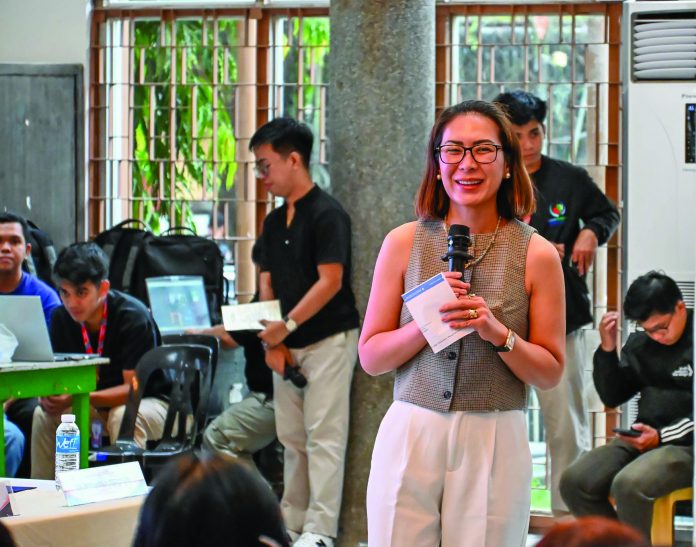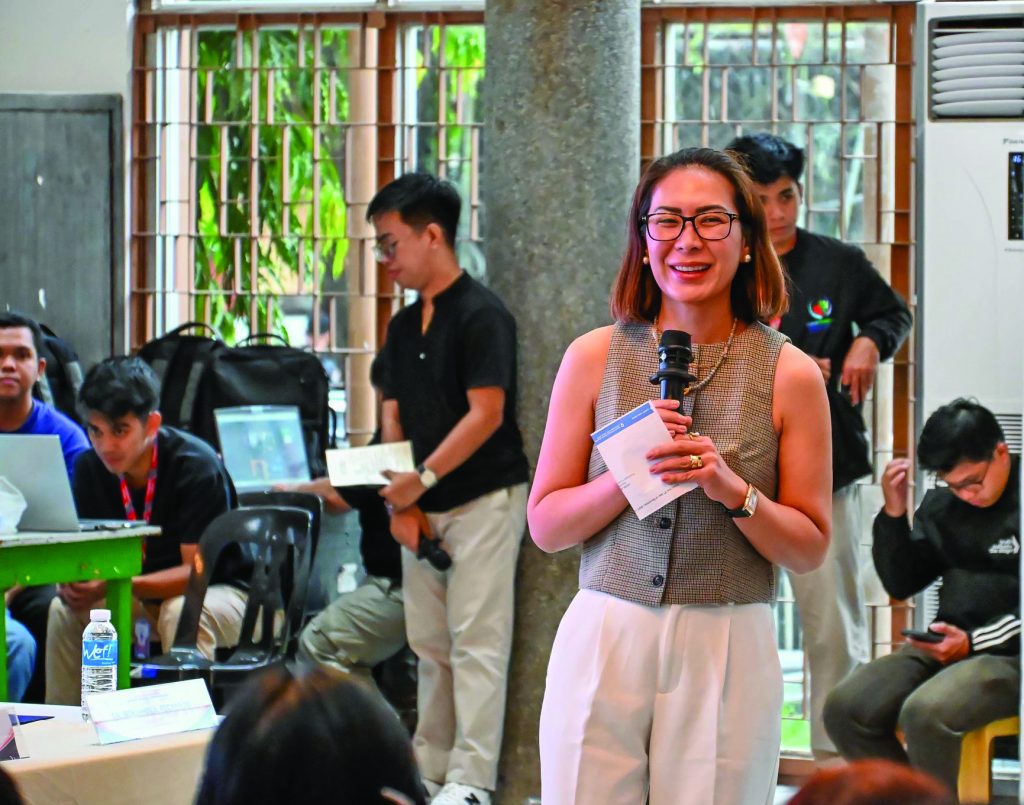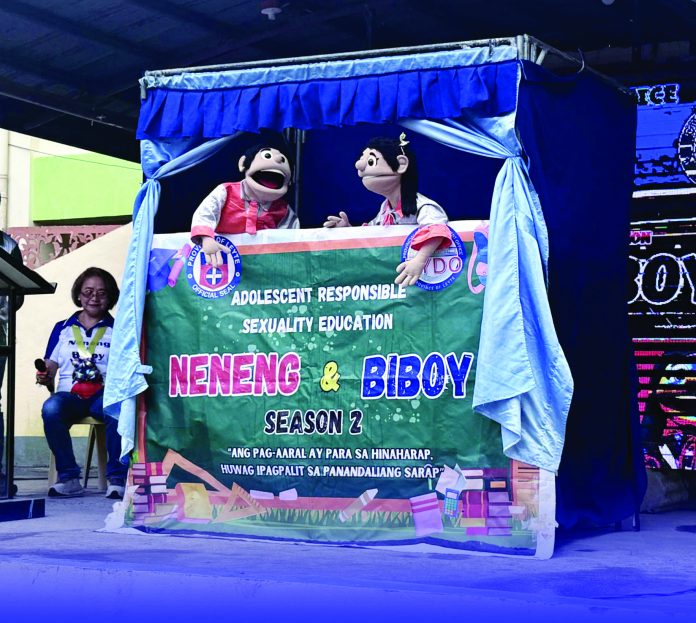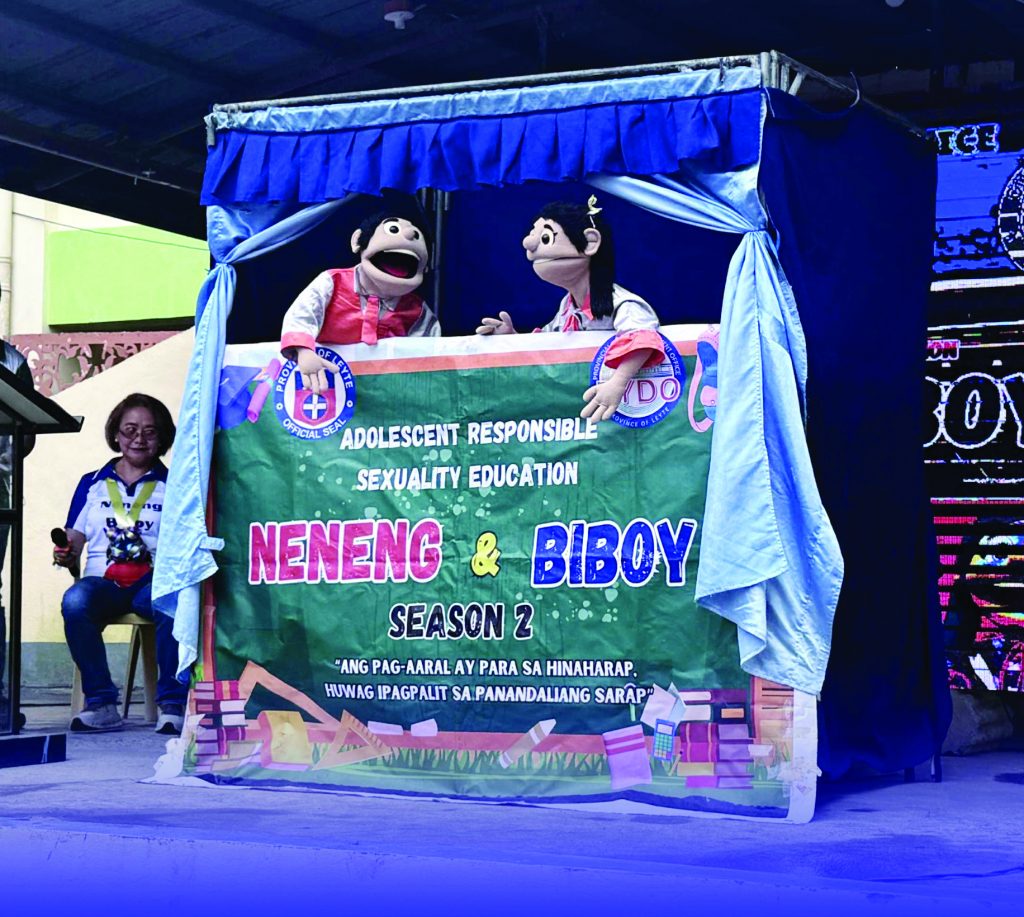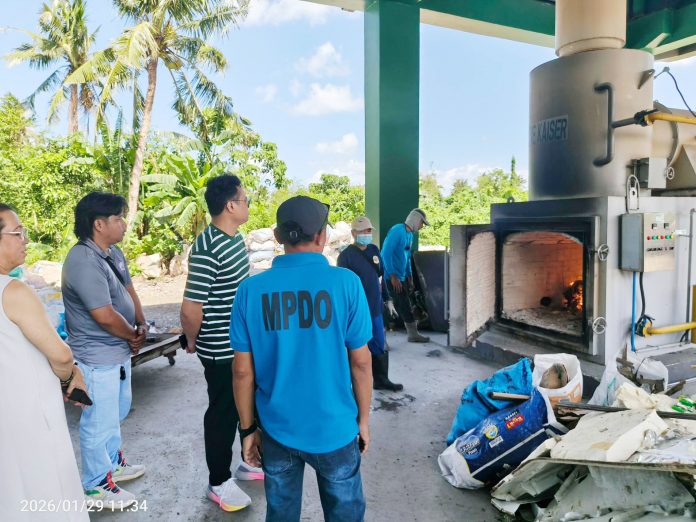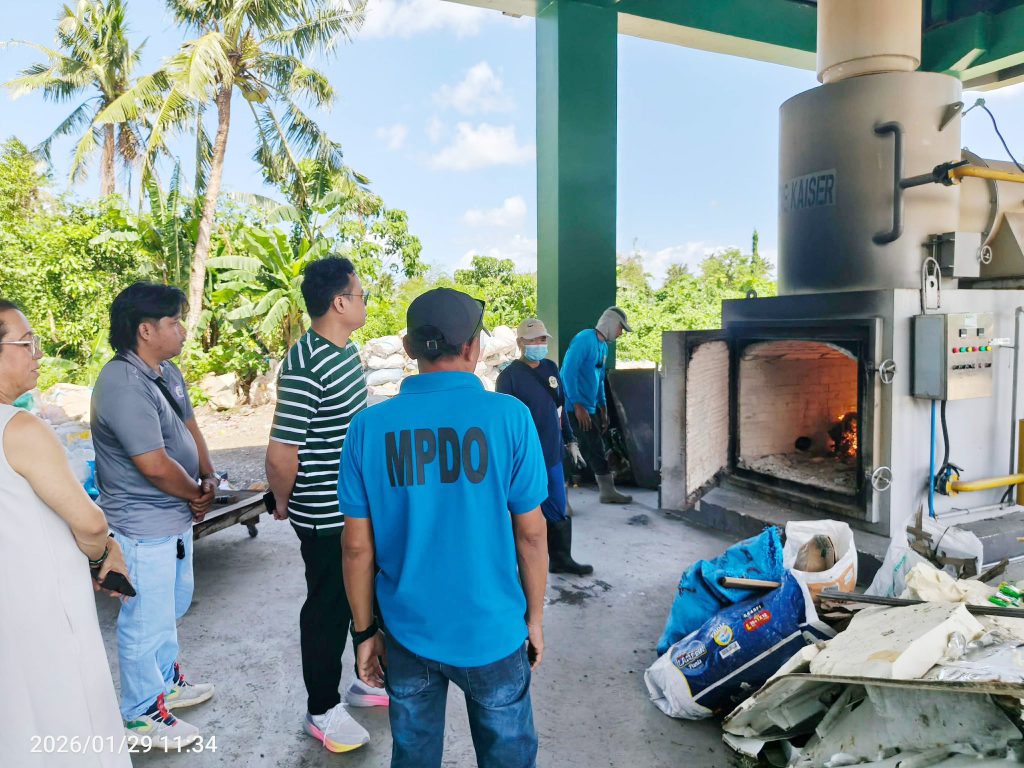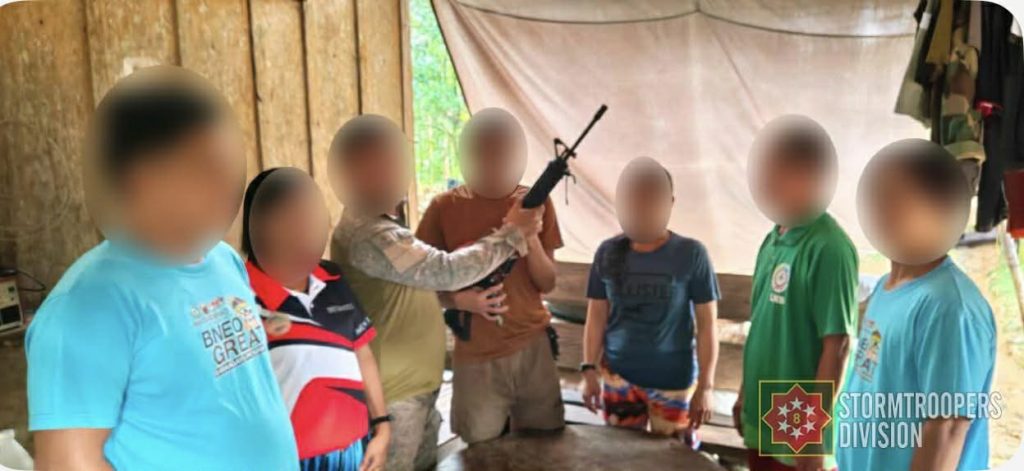
TACLOBAN CITY — Three members of the Communist Party of the Philippines–New People’s Army (CPP-NPA) voluntarily surrendered to government forces under the 8th Infantry Division on February 4, 2026, ending years of involvement in the armed movement.
Two of the surrenderees were identified as alias “Norry” and his wife, alias “Dada,” residents of Barangay San Roque, Matuguinao, Samar. The couple turned over an M16 rifle and other war materiel upon their surrender.
They told military officials that their decision was influenced by sustained military operations that restricted their movement and access to supplies, as well as intensified coordination between soldiers and local communities that limited areas where they could seek refuge.
The third surrenderee, identified as alias “Ongbak,” a resident of Barangay Deit de Turag in Silvino Lobos, Northern Samar, said the loss of community support pushed him to abandon the armed struggle. He noted that many communities have increasingly rejected violence, coercion, and extortion allegedly carried out by communist terrorist groups.
Military officials said the three former rebels admitted feeling isolated and disillusioned, realizing that their continued armed struggle no longer reflected the sentiments of the people and instead resulted in hardship, uncertainty, and prolonged separation from their families.
The 8th ID said the surrender highlights the effectiveness of its approach that combines focused military operations with community engagement to encourage insurgents to return to the folds of the law.
The division added that government forces remain open to accepting former rebels and supporting their reintegration into society toward a peaceful and productive life.
(ROEL T.AMAZONA/LIZBETH ANN A.ABELLA)

